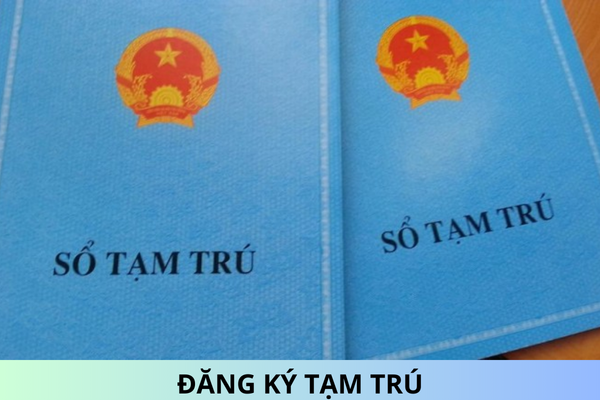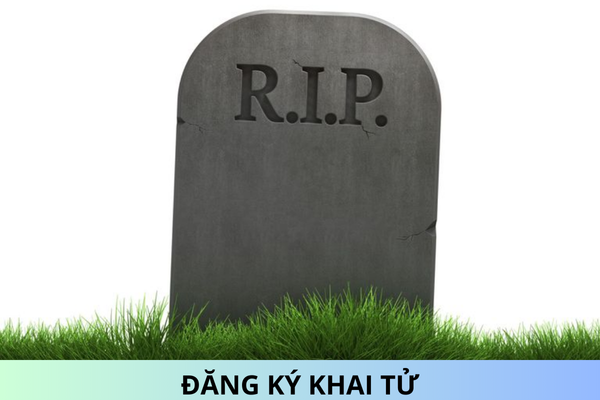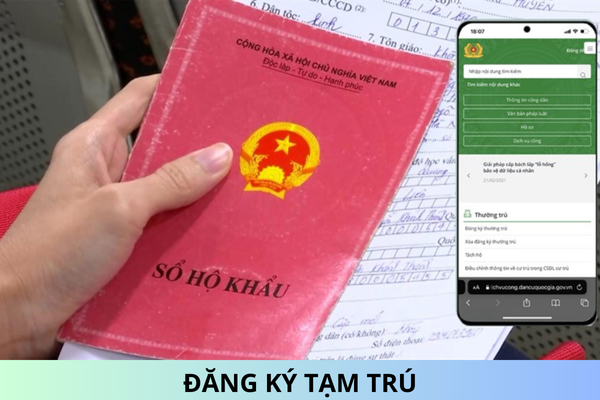The House Gifted After the Wedding: Is it Subject to Division in Divorce?
Based on Clause 1, Article 33 of the Law on Marriage and Family 2014, the regulation on common property is as follows:
Common property of husband and wife includes property created by either spouse, income generated from labor, productive activities, business, yields, profits arising from separate property, and other lawful incomes during the marriage period, except as provided for in Clause 1, Article 40 of this Law; properties jointly inherited by husband and wife or jointly gifted and other properties that husband and wife agree to be common property.
Additionally, Clause 2, Article 59 of the Law on Marriage and Family 2014 regulates that common property of husband and wife is divided equally but takes into account the following factors:
- The circumstances of the family and of the husband and wife;
- The effort of each spouse in creating, maintaining, and developing the common assets. The labor of each spouse in the family is considered as labor generating income;
- Protection of the legitimate interests of each party in production, business, and professions so that the parties may continue to generate income;
- Faults of each party in violating the rights and obligations of husband and wife.
Therefore, since the property is the house gifted by your parents to both you and your spouse during the marriage period and there is no other agreement between the two of you, it is considered common property. The principle is that common property is divided equally upon divorce. However, the percentage division of the property depends on the factors mentioned above, potentially being 50/50, 60/40, 70/30, etc.
Sincerely!










